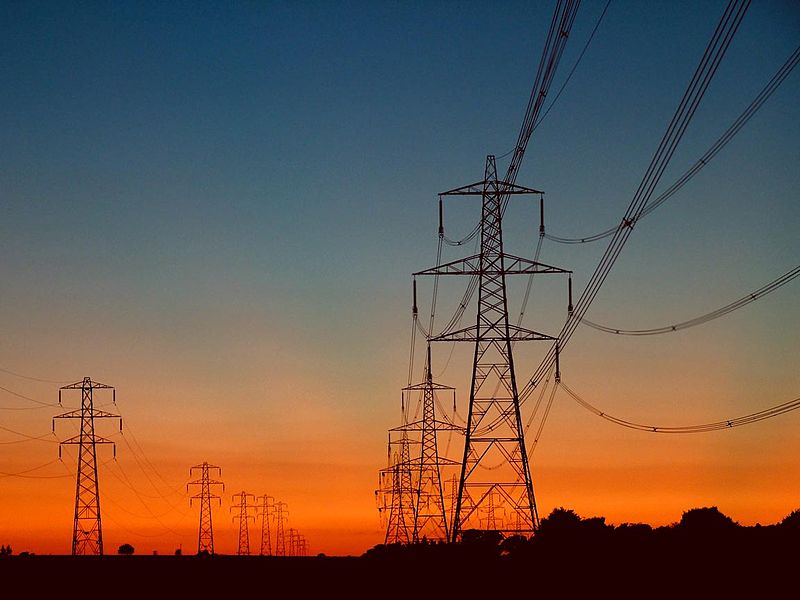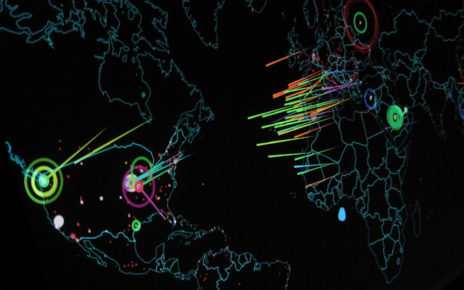Globally, more than one billion people lack electricity at home. The issue is particularly salient in sub-Saharan Africa, where roughly 600 million people do not have access to electricity. The cause of this regional lack of access to electricity is a complex mix of factors including economic capacity, limited indigenous energy sources, and politics. Despite uncertainty regarding the causes, two things are certain. First, electricity is foundational to broader development, and without access, social and economic development will be seriously stunted. Second, climate change will exacerbate this issue, as rising temperatures will the increase demand for energy to be expended on cooling and agriculture. This relates closely to the subject of this article. Many countries and development organizations have been making a concerted effort to increase access to electricity. Yet, even in cities, where electricity access is high, one avoidable factor has contributed to the inability of many countries in sub-Saharan Africa to meet electricity demand: Theft.
Some context is first needed to best explain this issue. There are three distinct stages involved in an electric power system: generation, transmission, and distribution. A fact unknown to those without specific knowledge of the power sector is that any electrical system suffers losses during transmission and distribution stages, due to the heat and energy needed to convert electricity between different voltages for transport. In 2014, Canada lost 8.7% of its electricity generated during transmission and distribution. In Togo, that number was 70.1%. Four other African states make up the list of top-ten countries losing the most during transmission and distribution. In part, higher losses in Africa (and other developing countries) are due to poorly maintained infrastructures, such as distribution lines, transformers, or meters, yet theft accounts for a large portion of these losses. Electricity theft is a global phenomenon, costing nations USD 89.3 USD Billion globally (USD 6 Billion in the United States alone and USD 58.7 Billion in emerging markets). But in Africa, juxtaposed against widespread lack of electricity access, the issue takes on a new urgency, the issue takes on a new urgency.
Unpacking electricity theft reveals interesting findings. One hand, electricity is physically stolen, mainly by individuals or organizations who can likely afford electricity but do not – something linked to the inability of power companies to deliver reliable electricity as well as corruption. Electricity is physically stolen via illegal connects to overhead or underground wires as well as by meter tampering or bypassing. Electricity is also “stolen” via non-payment of bills. While the sensical cause would be poverty, it is in fact most often large organizations, such as governments, who do not pay for power. Yet, the possibility exists that customers refuse to pay due to a lack of confidence in electricity providers, rooted in unreliable service. In 2016, four out of ten Africans who had access to electricity enjoyed a reliable power supply. Electricity theft is thus an incredibly vicious cycle. It reduces the revenues of power companies who therefore have less to invest in service quality, which further disincentivizes individuals from paying for power. It then also acts as a significant barrier to increasing access to electricity and increases the need for externally funded projects to strive towards electricity access targets.
Fortunately, solutions exist and are being implemented globally. A notable technical solution is the Kamata, a device developed by Ugandan engineers that detects when meters are being tampered with, cuts off power to the household or area, and reports it to a control center. Privatization is another option, following the logic that profit-seeking private entities may invest heavily in security measures to improve profit margins. Yet, since undoubtable synergies between political reform, corruption, and electricity exist, reducing energy theft to tolerable levels will require a comprehensive and holistic approach, and is too complex to be unpacked in this article. Ultimately, efforts to increase electricity access in sub-Saharan Africa will remain challenged so long as electricity theft is pervasive.
Photo: Overhead Power Lines (2004), by Tony Boon via Wikimedia Commons. Public Domain.
Disclaimer: Any views or opinions expressed in articles are solely those of the authors and do not necessarily represent the views of the NATO Association of Canada.




